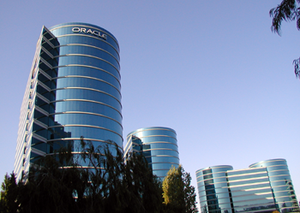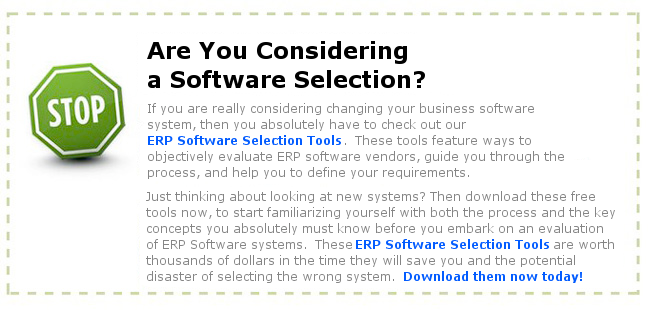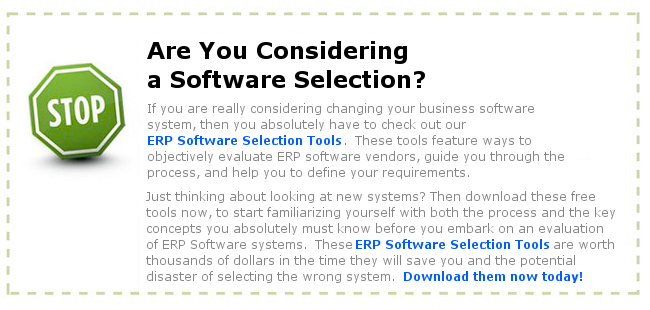ERP Negotiations Explained
There are many sources of information on how to select and implement software, but there is little information on how to negotiate and make the purchase of the software. The uninformed can spend thousands of dollars more than they need too by walking into ERP negotiations unprepared. Those that know the “tricks” of the trade can save themselves enough to pay for several modules or a good chunk of the implementation costs.
The first thing in ERP Negotiations to keep in mind is timing. When you buy the system timing is key. As this article is being written, the clock is ticking down to the end of the year. This is an opportune time to purchase a system. Even more advantageous is making the purchase at the end of the software vendor’s fiscal year. Vendors are hungry for the deal. The need to make the numbers for the year. They want to do whatever it takes to boost their sales figures and show a successful quarter. Actually, any quarter end will do, but year end is the time when bonuses are given and certain sales incentives are taunting the software salesperson.
The next thing to do in ERP Negotiations is to keep your options open. Even if you find the best whizzbang system that does exactly what you need, there are probably several systems that will work for you. Keeping your options open and communicating that to the salesperson will only make them work harder for the deal. Even if you know you will buy their software, let them know how much better or cheaper the competition is. Give them a reason to work for the deal.
ERP Negotiations around software pricing
When negotiating software pricing, keep in mind that you may not need all of the licenses up front. You can delay purchasing the entire suite of user seats until you are ready to go live. Get enough to cover your testing and implementation phases and be sure to lock in the pricing for a year or for the planned duration of the implementation.
Don’t forget that the implementation and how it will occur is negotiable. The terms of payment are negotiable. Who will be on the project from the vendor’s side is also a point of discussion and can be changed. There are many things that you can plan out and ask of the software provider or reseller.
Considerations for ERP Negotiations
Remember that most everything is negotiable. Software price, implementation rates, duration, and sometimes even annual maintenance contracts (those these are usually the most difficult). Perhaps negotiating when the maintenance begins will be possible. If you are splitting the user seats, have the maintenance pro-rated during the implementation phase.
Unlike the year 2000 preparations, there usually isn’t an absolute deadline as to when you need to purchase, so if you must, hold off for a month or two, if it is to your advantage. Or, tell the salesperson that you plan on doing so, so what can he/she do now?
Properly planned, the negotiation will more than pay for the time spent doing it correctly. Following the vendor’s lead will lead you to an overpriced system. Keep the money in your company’s bank, not the software company’s. Some negotiation strategies will work and some will not. The key is to remember that you are driving the sale. Get what you want at the price and terms that is fair to you.
Additional resources:
http://www.managingautomation.com/maonline/channel/exclusive/read/4063236
http://dealarchitect.typepad.com/deal_architect/enterprise_software_negotiationsbest_practices/index.html
File as: ERP Negotiations







